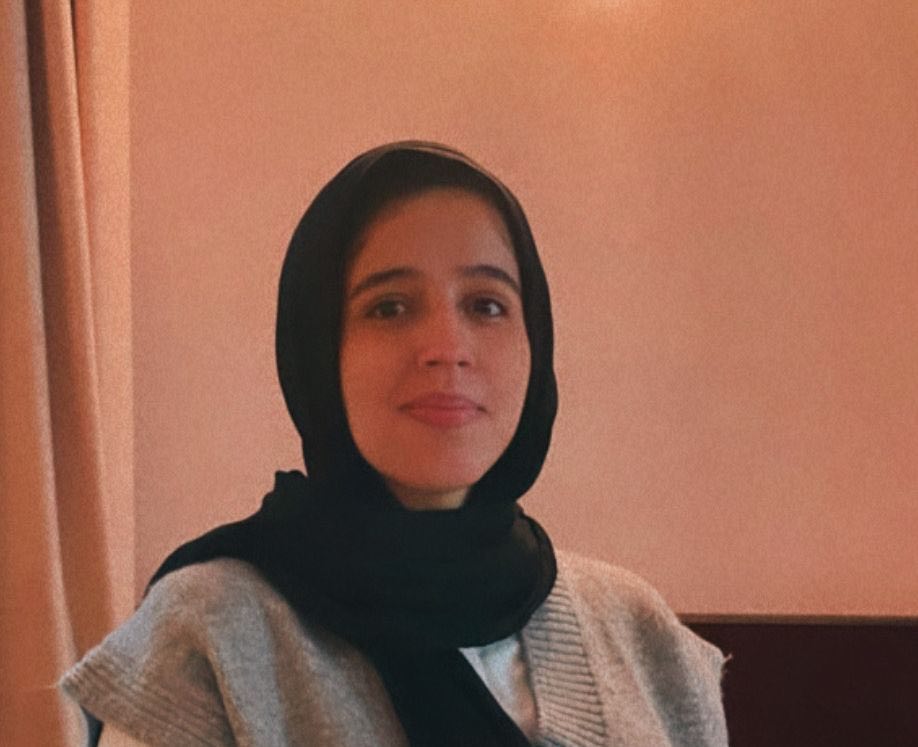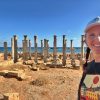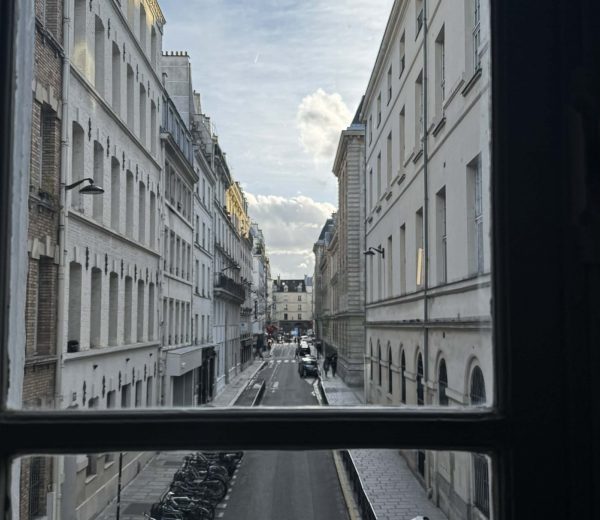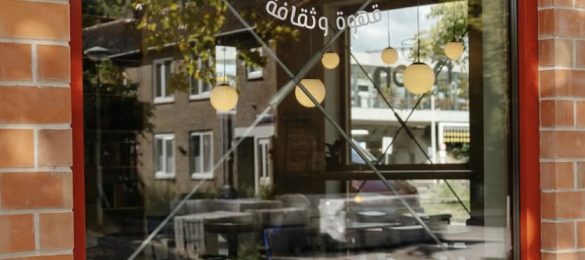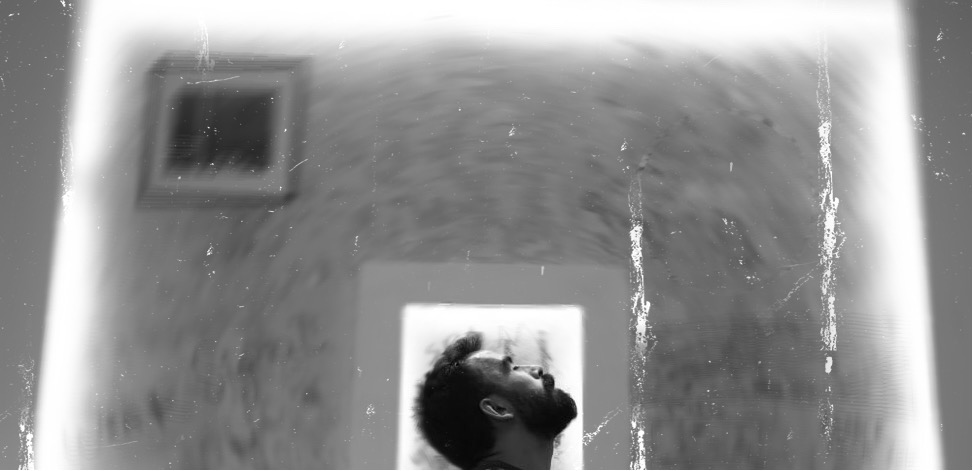
The boy with the camera portrays the life of a young boy from Tartous, Syria. His first encounter with the camera and image started from a very young age. That first memory with the camera never left him and accompanied him in his adulthood. A journey with profound details and memories worth sharing with the world. In this article, get the know the story of the Syrian filmmaker Simon Safieh.
Simon Safieh is a 33 years-old independent Syrian filmmaker currently based in Damascus, Syria. He was born and raised in Tartous, a city that shares the Mediterranean sea with Libya. A graduate of political science; his passion finally got him to cross paths with filmmaking. Throughout his career as a filmmaker, he worked with many Syrian directors as an assistant director. In addition to taking many filmmaking workshops to increase his knowledge and understanding of films. Simon also directed many short films and one long film about peacebuilding. Camera
The First Memory with The Camera
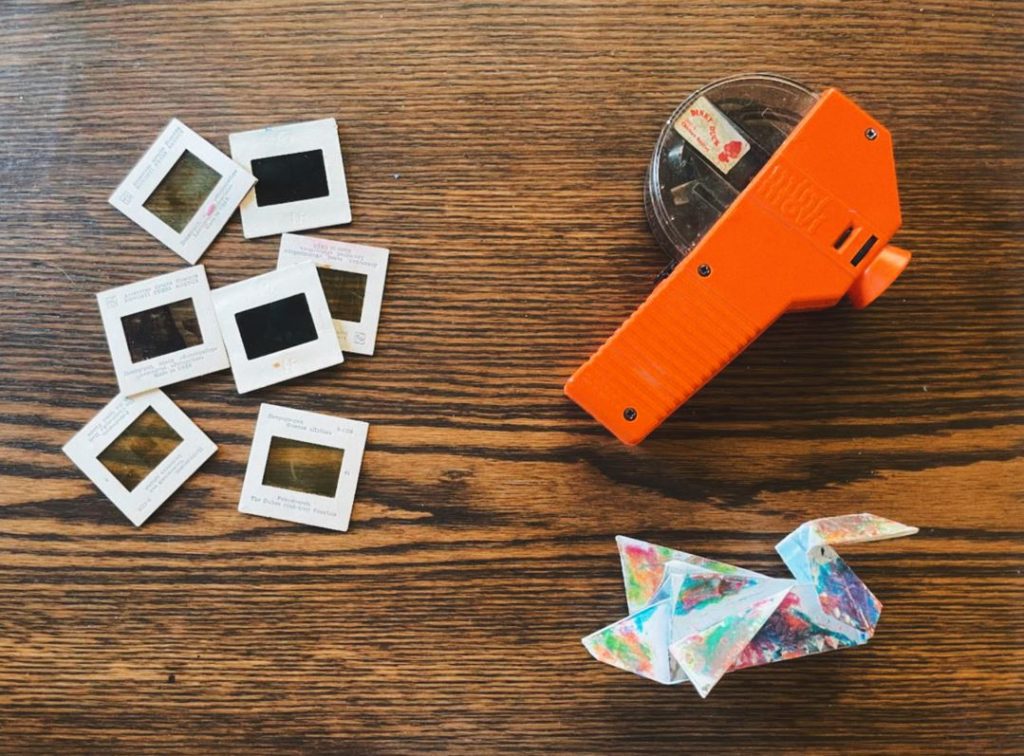
When he was a child, his uncle worked as a sailor and he got him an 8mm orange camera. When you take a look inside the lens; you get to see a visualized story. It was Simon’s first interaction with the camera. His relationship with storytelling and filmmaking began from that memory.
He started making films with the beginning of the uprisings, in 2011. Simon’s passion for women’s rights worldwide but especially in the MENA region eventually led him to tackle it in his films. According to Simon ”A society would never get to grow if equality doesn’t exist”. Also, he focuses on concepts linked to children and the future and the intersection between both. However, from the visual point, Simon enjoys working on films that speak about the moment. As Simon explained, he preserves the ‘’surveillance camera’’ angel which adds depth to his work.
Tartous, the Beginning camera
‘’To know me, you have to know Tartous’’ Simone explained when I asked him about his hometown. As explained above, his career started with the beginning of the conflict that extended to this day. Discovering the differences within the society gives diversity and he added an excellent point ‘’your world begins from you’’ which explains Simon’s story and character.
Tartous, today, for him is a place that allows him to meditate, through every tree, mountain, the balcony in his family’s house. Through the coffee cup and the Cornish. Reclaiming these small details allowed him to get to know himself all over again.
Tartous Cinema Club camera
Growing up in Tartous, Simon discovered the Cinema Club. Through this club, he was introduced to a different form of cinema work. That is the everyday life cinema. It was a changing point for Simon as he got to know people involved in this industry. The club provided space for sharing experiences, knowledge, and discussions with filmmakers and cinema enthusiasts. From that point onward, he realized that this was what he wanted to do in his life.
In 2010, the Milk of Sorrow movie which was directed by the Peruvian film director Claudia Llosa left a huge impact on him. During that period, he watched and analyzed numerous movies and he gained a lot of critical understanding of films. From both, the content and visual perspectives.
The Reality of Filmmaking Industry in Syria
In Syria, the filmmaking industry is very limited and does not have the same level of progression as the Drama industry. The Lack of experience in filmmaking and marketing made the industry struggle to flourish. In fact, the city of Tartous does not have a filmmaking industry and the club exists to express the society’s need for films within the country. Simon has a huge passion for making films but mainly from the production and marketing realities in Syria. He explained that there is still a state of confusion on people who want to become filmmakers in Syria, unlike people who want to pursue a career in the drama industry.
Sadly, with the thriving and well-developed Drama industry; cinema is still portrayed as an alien sphere within Syria. Yet, filmmaking in Syria went through many phases and each phase is different and unique. As a result, this left a gap between the cinema industry and society. Especially after the 1980s and with no private sector involved in the making of cinema. The relations within the industry itself are connected to a specific PR structure or mutual benefits by those involved. Adding to this gap, the non-existence of an academic body that could contribute to the development of this industry with concrete pillars.
Simon Safieh’s Films & Reflections
Simon made many movies which you can further check on his personal website (link below). For example, he made a one-minute short film as a challenge in order in order to tell something profound in one minute only. The film is called ‘’not just an apple’’ with only two scenes. He applied with this movie for the one-minute Movie Festival. Simon also worked on civil marriage in Syria and the concept of differentiation. During that period, it was highly discussed within society.
Around 2011-2012, Simon made a film called ‘’Leish – why’’. The duration of the movie was 15 minutes. For the music, he reached out to Ziad Rahbani, the Lebanese composer and pianist. Gladly, Rahbani was very open to the idea after reading the script and he agreed to provide the music for this movie.
Another film Simon worked on was titled ”The tunnel”. It was made in his home city, Tartous. In the making of this film, the war was still ongoing and many people relocated to Tartous running away from conflict. One day and out of a sudden, he found people living in a tunnel when he saw some kids playing football close to the tunnel.
After that,
He decided to live with those families in the tunnel. However, it was not easy to document such moments, and to put a camera in front of displaced people was not comforting. So, Simon decided to teach the kids how to film with the camera and to build a relationship, an organic one, with the camera.
”Sardine Tries to Fly” was another film made by Simon Safieh. In this movie, he used some footage from the tunnel movie and he did in-depth research linked to it to find out what happened later to people who lived in that tunnel. Connecting pieces of the puzzle together and showing to what extent could a story extend.
During his career, Simon always asked himself if he was fit for the practice of filmmaking and he said ”Personally, the tunnel movie answered this question”. He learned after making this movie to love the mistakes he observes on-screen. This relationship he has with the screen is a need and an idea that never escapes his mind. The answer to his question is that films are suitable for him, to exist. The film in his life reminds him, every time, of who he was.
Lessons Learned from Filmmaking
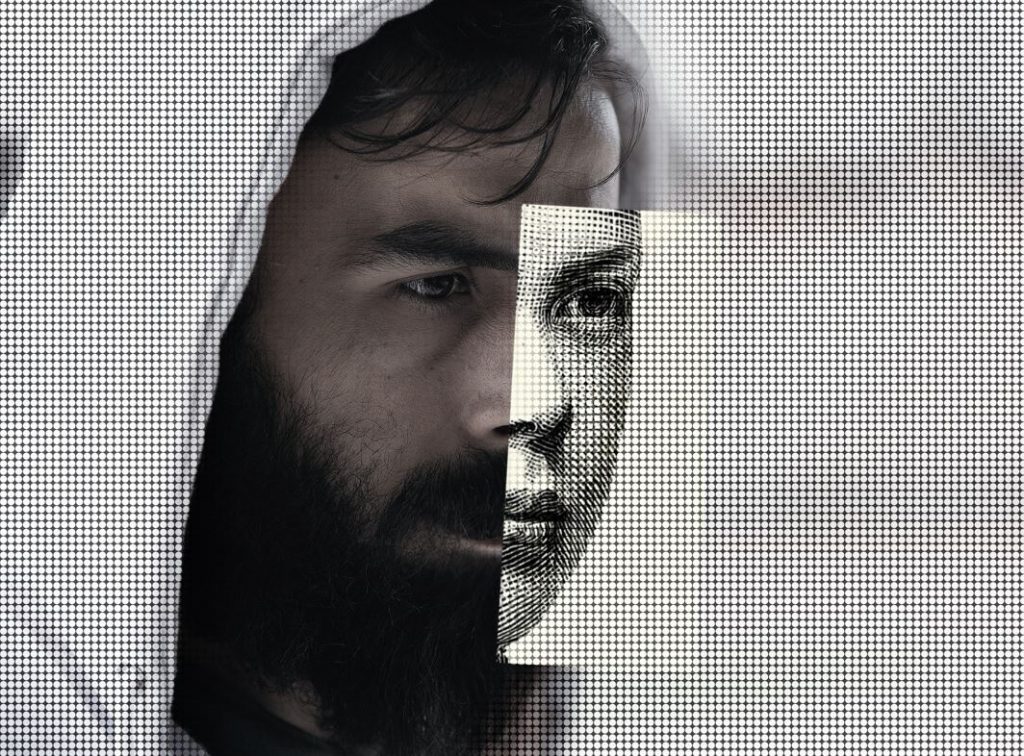
Through filmmaking, he learned to see his mistakes and to love them. In fact, the mistake, or what we saw as flawed, is what makes us humans. It is an important element of the filmmaking process. Now, Simon is following this passion to where it leads him, unfolding stories along the way.
He hopes what he makes with the camera reaches as many people as possible. Yet, to leave an impact on even a single person to hold on to their dreams or to remain true to themselves. In the closing of our rich and diverse interview when I asked him what he would tell his younger self. Simon replied after a long pause: ”I want to tell him I am still looking at this world with the same eyes as that young child”.
You can follow his work on Instagram: (@simonsafieh) and also check and track his films on his personal website – Simon Safieh. You can contact him through info@simonsafieh.com
